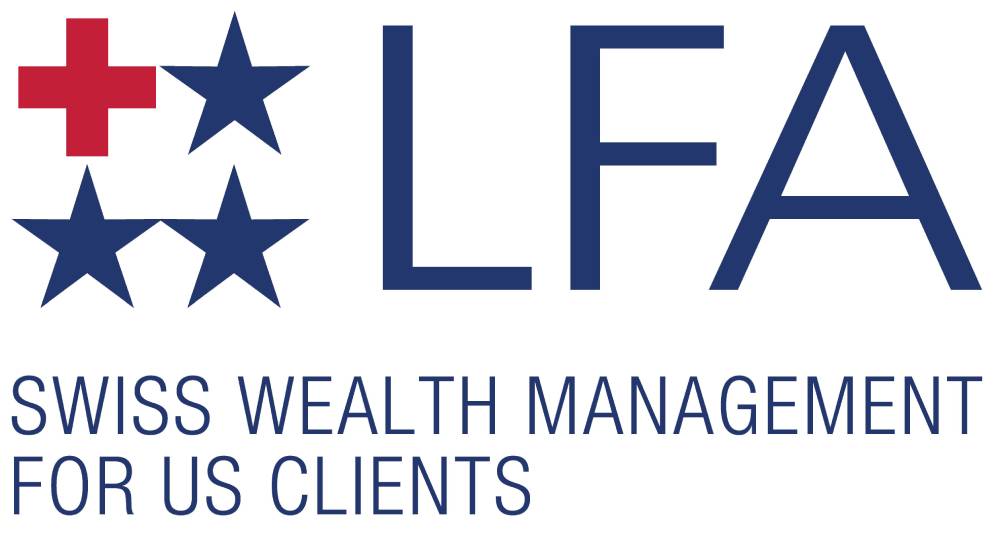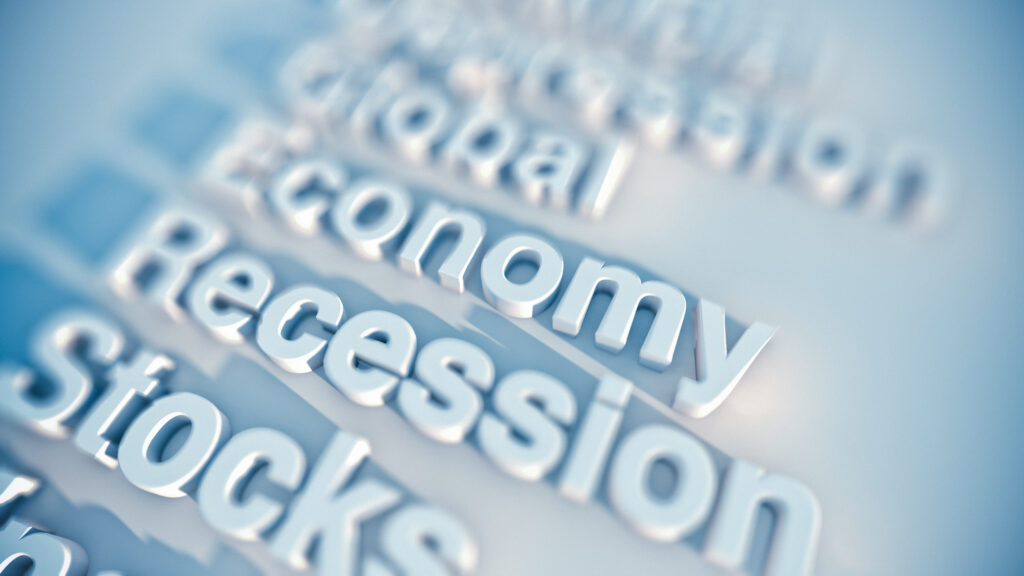Threats of an upcoming recession in America have many consumers and investors in a panic. Are you one of them? Those who remember the Great Recession of 2008 are familiar with how it can impact your investments.
While legitimate signs point to a likely recession in 2023, there are many experts providing perspectives on the situation, including some who think that it won’t happen. No one can control whether a recession occurs; therefore, you should take actions to prepare for it.
Making the right changes and investments, especially with the help of financial experts at LFA, can help you weather the storm.
Discover the likely impact of a recession, signs that it may or may not happen, and tips for how to ensure your nest egg remains strong, regardless of changes in the economy.
This article answers questions about recession, including:
- How do you tell the difference between a recession and a depression?
- Can Swiss banking be used to mitigate loss from the weak US dollar?
- What is a smart investment strategy for inflation?
- Why is portfolio diversification so important in the face of possible recession?
- How does the value of the Swiss Franc compare to the US Dollar?
- What is the Rule of 72 and how does it relate to inflation?
What is a recession and how does it differ from a depression?
Before discussing how to offset the problems of recession, let’s establish a clear idea of what it is and what it isn’t. The most simple definition used by journalists is two consecutive quarters of declines in adjusted Gross Domestic Product (GDP).
After a period of time in recession, an economy can enter a depression, which is essentially a more severe variation. Ultimately, it’s drops in GDP that determine whether we enter a recession, and greater drops could potentially lead to a depression in America.
The signs that point to an impending recession
While no one knows for sure whether a recession will happen or when, the consensus among experts is that it’s most likely to begin in 2023. Consider these red flags that point to the potential of a recession in the U.S.
Inflation is at a record high.
One of the most telling and reliable indicators of a recession is the decades-high rate of inflation we’re seeing in the U.S. Inflation causes purchasing power to drop, so less people are buying products and services. This results in a negative impact on GDP.
The rate of inflation reached a staggering 8% in 2022, and a record high of 8.58% by the end of May. The inflation forecast for 2023 is saying that even if inflation recedes, it it won’t normalize until 2024.
Geopolitical conflicts and supply chain issues create challenges.

Another predictor of recession is when the world is unpredictable due to conflicts and other chaotic circumstances. Events like the war in Ukraine, impact of the pandemic, and global food shortages make it nearly impossible to predict economic changes.
Events happening on the other side of the world not only impact your investments, but your daily lives as well. A prime example is the sanctions we levied on Russia, and the resulting surge in gas prices across the globe.
Is the stock market a reliable indicator of an upcoming recession?
One of the biggest fears among investors is heading into a recession, so if you’ve had some anxiety about where things are headed, you’re not alone. The stock market is a good indicator of economic sentiment that can have an affect on gross domestic product (GDP).
- When the stock market is growing, it shows that companies are prospering. This fosters optimism in investors, consumers, and businesses.
- Conversely, if the stock market is not performing well, showing a decline in the business cycle, the future is not so bright and it often causes panic.
- During the recession phase, employment and income decline while stock prices fall as companies are challenged to maintain profitability.
Some would argue that the market is not a reliable indicator, while others believe it very much is.
An alternate perspective: signs that there won’t be a recession
It’s worth noting that not every expert thinks recession is inevitable, at least not this year. A recent Bloomberg survey of 37 economists determined that there’s a 30% chance of a recession occurring in 2022.
This highlights the fact that no one is certain either way, and all we can do is watch the indicators and adjust our finances accordingly.
How will the average American be affected?
First and foremost, many Americans will lose their jobs during a recession. As purchasing power drops significantly, profits do as well, and that means companies of all sizes have to trim down and decrease their budget.
As a result of the nation-wide job losses caused by a recession, insurance takes a major hit as well. Many Americans receive insurance through their employers, so lay-offs caused 7.7 million to lose their health coverage during the recession in 2020.
Which investments are impacted by a recession?
It’s important to know that not every type of investment drops during a recession. In fact, some defensive sectors perform particularly well, including telecommunications, staples, and utilities. Speak to a team of wealth managers at LFA to ensure your investments will perform well if we enter a recession, and gain access to the global market.

How to prepare for a recession
If a recession does occur, almost all experts agree that it will begin next year. That means you still have time to make decisions that preserve your investments and safeguard your assets.
Reduce debt.
While it can be valuable to have debt in America, inflation and recession can create added hardships for those who are just trying to get by during turbulent times. Before consolidating your debt, reach out for a second opinion on your portfolio. The right professional can help you figure out how to avoid debt during inflation, and how to make choices that reduce debt before we enter a recession.
Taking advantage of global wealth management options
Diversifying your portfolio is an excellent way to hedge your assets against a recession. This can mean putting your money into many different sectors in the market, or investing in various types of assets, like metals and real estate. Diversification also means getting rid of the “home bias” in your portfolio and reaping the benefits of a global approach to investments.
Ask us about utilizing private banks in Switzerland as an outlet to protect your wealth. The Swiss Franc has always been a strong currency, particularly during “flight to quality” periods, where investors seek out more defensive options like international investments.
LFA can help you prepare
Whether or not a recession is looming over the horizon, it’s crucial to maximize your investments and prepare for the worst. As busy people, it’s important to remember that you don’t have to do it alone. Our professionals can assess your risk and ensure that you’re on the right track.
Speak to our Swiss banking experts.
At LFA, we not only provide a team of experienced financial advisors. We offer something few other services can provide: International banking.
By using a Swiss bank account and taking advantage of the strength of the Swiss Franc, you have an effective option to protect your nest egg from a recession. We invite you to connect with our team of experts today to explore your options.


